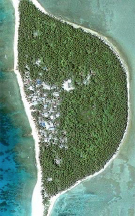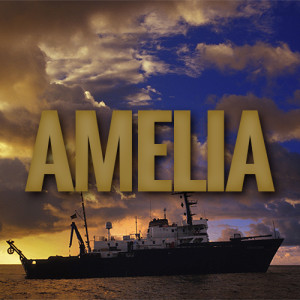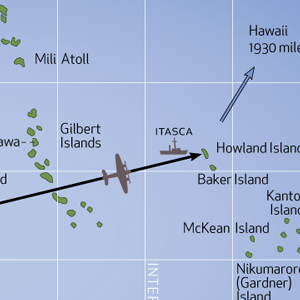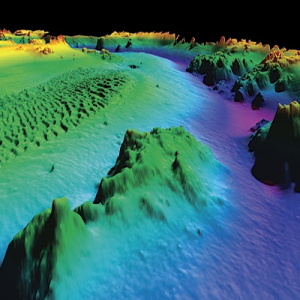Central Pacific Edition
Marshall Islands: The Little Trade
Concluding excerpts from “My Return to Majuro”
Yesterday Cap’n Spence told us about trading “snipes” while commanding the salvage ship USS Brunswick not far from the waters we are currently sailing. The story concludes:

Reiche was a direct descendant of one the Micronesian wayfinders, the long range voyagers in canoes who navigated by stars without instruments across the Pacific carrying their culture and their legacy to new islands. National Geographic later featured a story on how this knowledge was passed orally down through generations from teachers to students over a lifetime. The culture required those students to be the teachers for the next generation. That knowledge and those skills were becoming lost in the modern world.
So I asked him how he came to join the U.S. Navy? He said that he was very lucky to have this opportunity for a better life. The Compact of Free Association allows FSM citizens to join the U.S. military without having to obtain U.S. permanent residency or citizenship. He had good grades in school. He was invited to join, and was inducted directly into the U.S. Navy. I told him about the deal I made with his captain on the Beaufort. I wanted him to help me make a positive impression for the Navy. In addition to all his other duties, I asked him if he would agree to come up to the bridge before we stop at each of the islands. Explain who the chief was, island history, their problems, and how could we help. He agreed to all of that. So I asked if he would call the islands for me in Marshallese on the radio, tell them who we were, find out the best place to anchor, where we could dive, and find out what things to bring with us. He agreed to all that too. Now we were all warmed up and this conversation was going quite well. So I asked him what island was he from. It was a name I had never heard before, Mog Mog. I asked him to show me on the chart. He read it expertly. “Right there, Ulithi Atoll.” Ulithi was one of our stops. It was a volcanic atoll about 40 miles long and 10 miles wide comprised of 40 islands. Only four of them were populated. We were planning to visi t Falalop, but Reiche’s home island was only 5 miles away. His wife now lived there with his extended family. They were married just three weeks before he left for the United States. That was two years ago. All of a sudden I realized what that difference was that I could make. “Reiche, how would you like to go home?”
In the early morning of entering Ulithi Atoll, I had Reiche on the bridge with me. I handed him the microphone, and explained how vessels identify themselves and use the channelized frequencies. He said that he got it. He took the microphone. Using the international hailing frequency VHF-Channel 16, he started transmitting a long message in rapid staccato. Not a word of it was recognizable until he finally ended it with “Brunswick.” Silence followed. He said a few more dozen words…”Brunswick.” Then the radio came to life with excited chatter from the other end. Reception was excellent. Back and forth. Reiche was smiling and laughing, and more rapid fire back and forth. I had nothing to do at this point, so I just imagined what he was saying. “Yo, Hoolio, hey it’s Reiche, ya know, from Mog Mog. Yeah, I finished school, got married, joined the U.S. Navy, seen some world, it’s cool. Dude, you’ll never guess what, they gave me my own ship! Yeah, a big one, out here in the lagoon. I’ll stop by later.”
Reiche handed the microphone back to me. He said we’re all set. They were expecting us.
We anchored at Mog Mog. I got as close as I dared. The sandy bottom was studded with threatening coral heads and rocks. Normally, I send a small team in the first boat to meet the chief and assess the circumstances for the visit. This time I made sure Reiche and I were in the boat. We landed on the white sand beach in minutes. No one was there to greet us. I said to Reiche, “go on, go say hello to your wife and family, tell them all about navy life, and tell them you brought some friends home with you, we’ll wait here.” He was only gone about 15 minutes. He invited us all up to his home to meet his family. I accepted the invitation and met with his parents, his wife, his younger siblings, the aunts, the uncles, the chief, the elders. I told them all how proud we are to have a man like Reiche in the United States Navy. He has worked hard, he has an important job, and he does it well. In fact we would welcome more young Micronesian men in our military. It will require them to also work hard, get good grades in school, and then all things are possible. I think I made a difference in only one life that day. But maybe the seeds of change were planted so that more will follow. My work here was done.
One last thing. Normally we depart by late afternoon in order to sail at night to reach the next island at dawn. This day I turned to Reiche and told him that he was relieved of his duties. He had liberty for the night, and don’t be late for quarters. We instead stayed at anchor overnight, and sailed with the morning sun.
… The End



